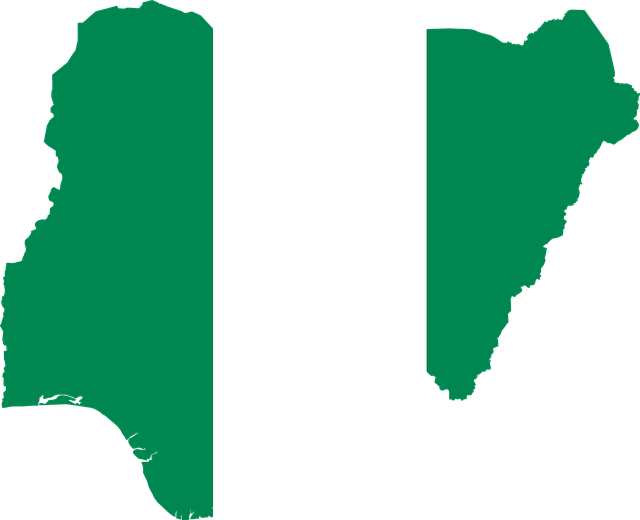Press Relations in Nigeria: A Complete Guide for Effective Communication

Press Relations in Nigeria: A Complete Guide for Effective Communication
Introduction
With over 200 million inhabitants and one of Africa’s most dynamic media landscapes, Nigeria is a key market for any communication campaign on the continent. However, succeeding with PR here requires a deep understanding of cultural, linguistic, and professional specificities. This guide outlines the best practices for working with Nigerian media.
1. Nigeria at a Glance
Administrative capital: Abuja
Economic capital: Lagos
Population: 200M+
Languages: English (official), Pidgin, Hausa, Yoruba, Igbo…
Economy: oil, services, cultural industries (music, Nollywood film, literature)
Key fact: Nigeria is Sub-Saharan Africa’s largest media and advertising market.
2. Press Freedom: Between Constitutional Guarantees and On-the-Ground Realities
Constitution: freedom of expression guaranteed
RSF ranking: 122ᵗʰ / 180
Limitations: political, security, ethnic, and religious topics face restrictions
Risks: intimidation, arrests, self-censorship
Regional impact: Sharia law applied in parts of the North influences press freedom
Digital shift: strong presence on social media (Facebook, X/Twitter, WhatsApp)
Key takeaway: Press freedom exists, but certain topics remain highly sensitive.
3. Key Media Outlets in Nigeria
Print Press
Vanguard Newspapers
Punch Newspapers
BusinessDay
ThisDay
Radio
Federal Radio Corporation of Nigeria (FRCN) – national network
Wazobia FM
Cool FM
Raypower FM
Television
Nigerian Television Authority (NTA) – public broadcaster
Channels TV – 24/7 news
Africa Independent Television (AIT)
Online Media
Nairaland.com – influential forum
Highly active on Facebook, X/Twitter, and WhatsApp
4. Specificities of Press Relations in Nigeria
Initial contact: phone or WhatsApp is the norm
Follow-ups: frequent reminders are often required
Per diem: sometimes expected for event coverage
Free publication: possible if content has strong public interest
Paid content: promotional messages often require payment (₦50,000–₦100,000 depending on outlet)
Pro tip: frame your message with a social or informational angle to avoid being labeled as advertising.
5. Tips for Distributing a Press Release in Nigeria
Choose the right media outlets depending on target audience (local, regional, or national)
Write a clear release adapted to the Nigerian context
Establish contact via phone/WhatsApp before sending by email
Include visuals and press kits for stronger impact
Allocate budget for sponsored content if needed
Recommendation:
For regional audiences → local radio stations and popular FM channels
For national/urban audiences → Channels TV and leading online platforms
Conclusion
Nigeria offers tremendous media opportunities but requires a strategic, tailored approach. By understanding the local dynamics and building strong, long-term relationships with journalists, you can maximize your visibility and ensure your messages resonate in this key African market.
Similar articles
Loading similar posts...
Subscribe to our Newsletter
Don't miss anything! Subscribe to our newsletter to receive the latest articles, tips, and news directly in your inbox.